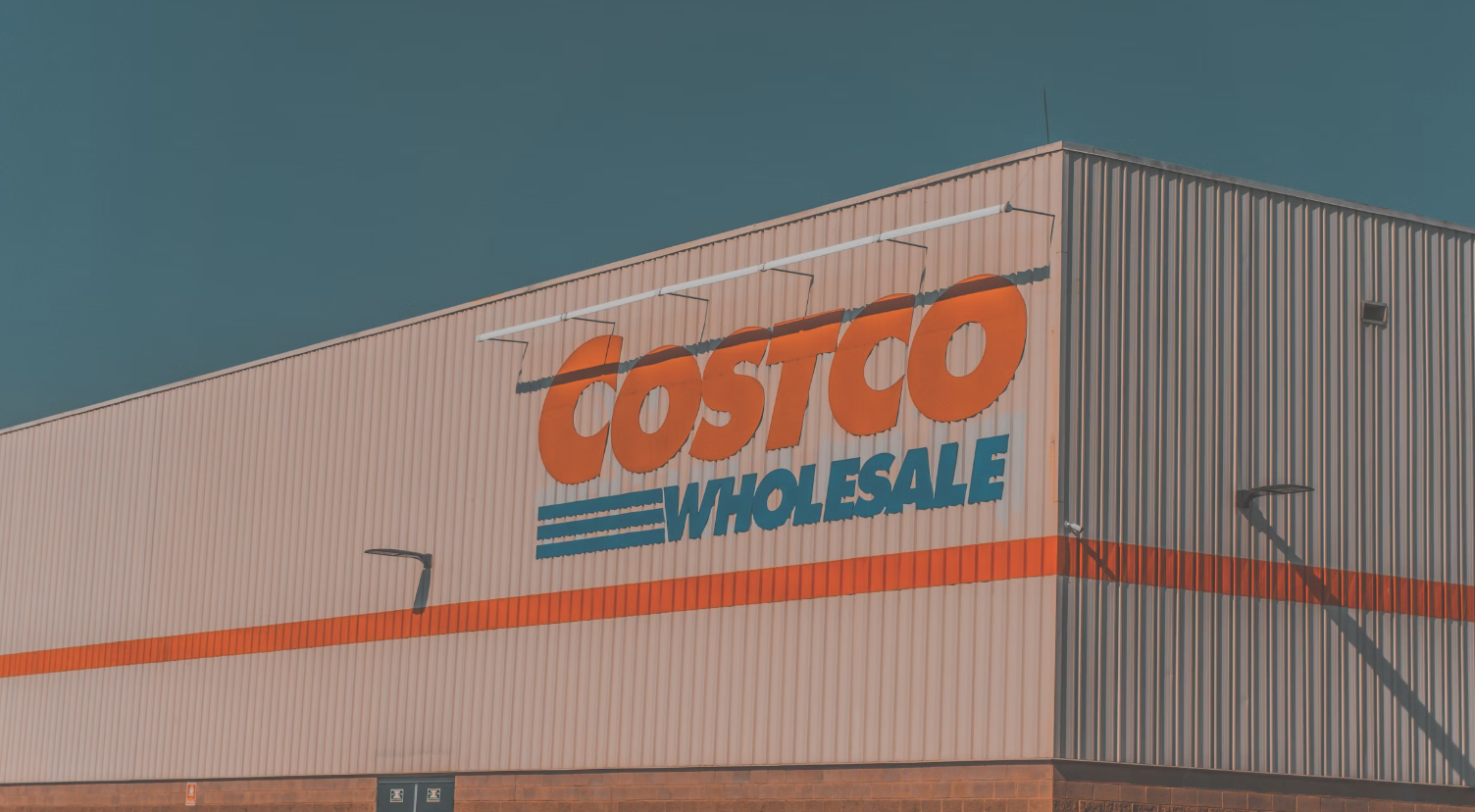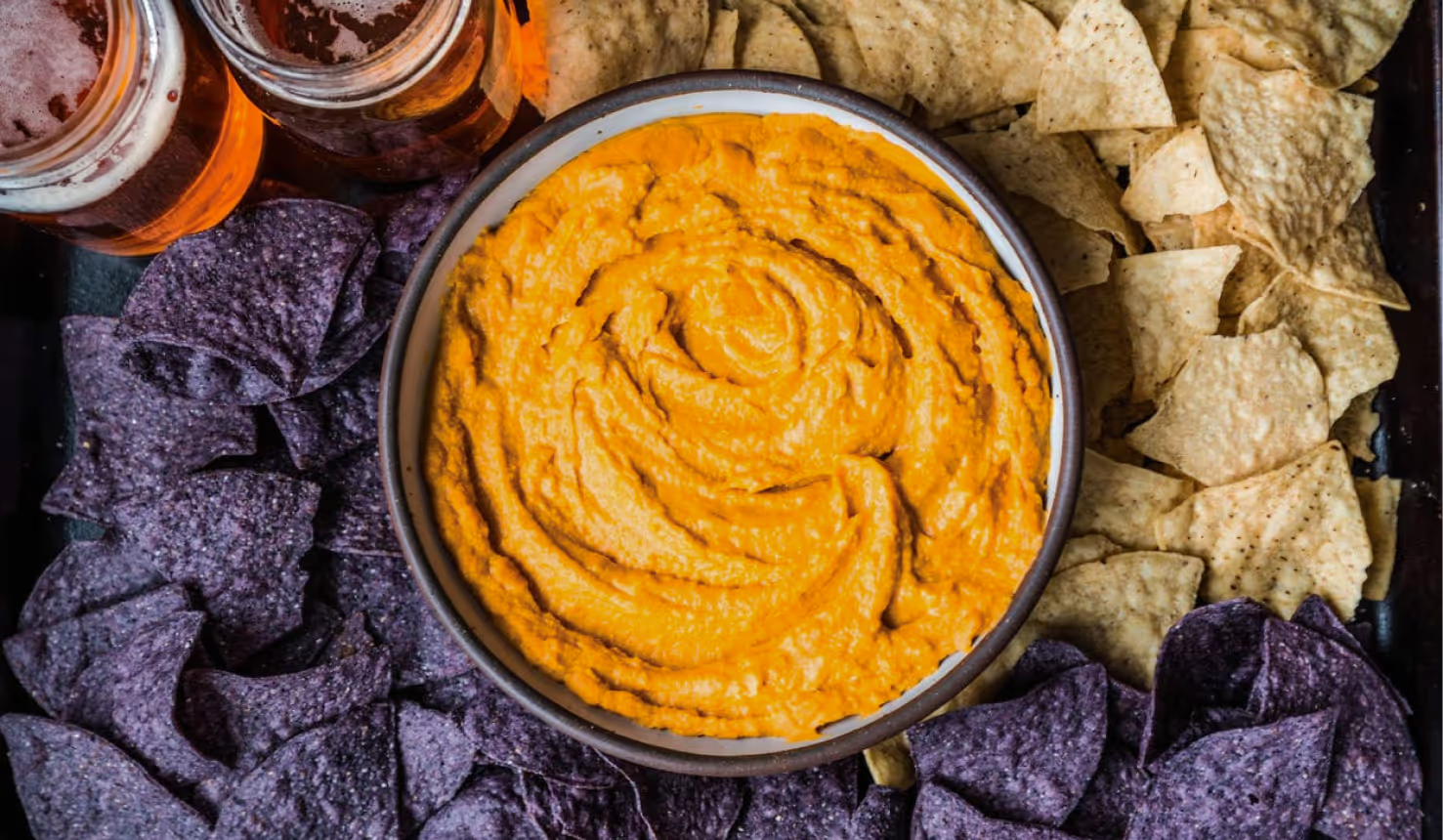Most Food Waste Comes from Our Kitchens

Join the community





We do not consume everything we grow. This includes inedible parts of fruits and vegetables. It also includes food that retailers receive but do not sell, as well as food prepared by restaurants and homes that goes uneaten.
The non-profit organization ReFed defines this as surplus food in its report published in 2023.
ReFed mentions that while some surplus food is unavoidable, a significant portion of it is preventable. This portion, which can still be consumed, is referred to as food waste.
The growing problem of surplus food
According to the report, 38% of all food grown in America goes unsold or uneaten, and most of this food is wasted. In 2021, surplus food cost Americans $444 billion, with approximately 70% ($310 billion) attributed to food waste.
When we send food to a compost bin or a landfill instead of consuming it, we waste all the resources required to produce, transport, and store that food.
The report states that surplus food in the U.S. is responsible for 6% of the country's greenhouse gas emissions, utilizes 22% of all freshwater resources, and contributes 24% of landfill inputs.
This is happening at a time when 1 in 10 Americans experiences food insecurity, meaning they lack access to sufficient, affordable, nutritious, and culturally appropriate food.
Most of the surplus food occurs in our homes
Throughout the supply chain, surplus food is a prevalent problem, occurring in farms, manufacturing, and businesses such as retailers, restaurants, and homes.
Homes, in particular, are responsible for approximately 50% of all surplus food. Most of the food waste happens at homes due to unplanned purchasing, which can lead to over-purchasing and wastage.
Sometimes, we are swayed by "buy more, save more" labels and end up buying things in bulk, only to realize later that we don't actually need them. There is also a lot of misunderstanding around expiry dates, resulting in the disposal of perfectly edible food.
Reducing food waste is a simple and impactful way to positively affect the planet, and we can make a big impact right in our kitchen.
When food does go bad, dealing with food waste through composting is an ideal approach, as putting it in landfills releases methane. However, not everyone has access to municipal composting. If you're new to composting, you can check out Commons' Guide to Composting.
We also have some food waste prevention hacks to help you avoid throwing away vegetable scraps, fruit scraps, and stale bread.











